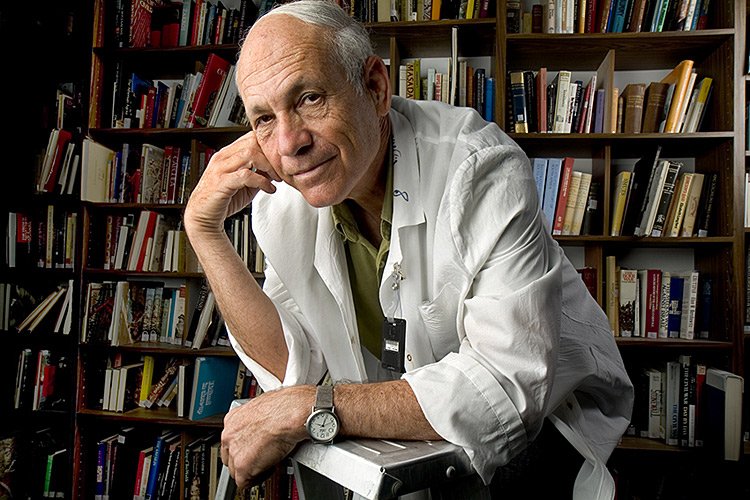Keshet is receiving the prestigious award for his ‘pioneering contribution’ to the understandings of excess and low oxygen on blood vessel growth, which has ‘far-reaching effects on the development of many diseases’

March 12, 2021
Prof. Eli Keshet is to be awarded the Israel Prize in life sciences this year for his contributions to the development of treatments for a wide range of diseases, Education Minister Yoav Gallant announced.
Keshet, a professor of molecular biology at the Hebrew University of Jerusalem’s medical school, was awarded the prestigious prize for his “pioneering contribution” to understanding the mechanism in which conditions of an oxygen shortage prompt the growth of new blood vessels. This process has “far-reaching effects on the development of many diseases such retinal diseases and cancer,” said the prize committee.
The prize jury, headed by biochemist Prof. Yosef Yarden of the Weizmann Institute of Science, said Keshet’s discoveries “led to the recognition that an excess of oxygen given in treating premature babies leads to their becoming blind, and has brought about a change in the treatment of premature babies after their birth.”
Keshet’s research has also led to the identification of the main factor responsible for the promotion of the growth of new blood vessels into cancerous growths, which has “contributed to the development of medications that delay the development of tumors,” said the committee.
Keshet was born in Israel in 1945 and studied biology at the Hebrew University. He did his doctorate between the years 1970 and 1975, and was appointed a professor in 1993.
His research into blood vessels began in 1991, and he has published more than 130 papers in journals which have been cited over 33,000 times.
Other awards he has won include the E.M.E.T award in 2006 for his research, the Rothschild Award in 2014, the Teva Founders Award in 2015, and the Benditt Meritorious Award for an American’s life-work in the study of blood vessels diseases, also in 2015.